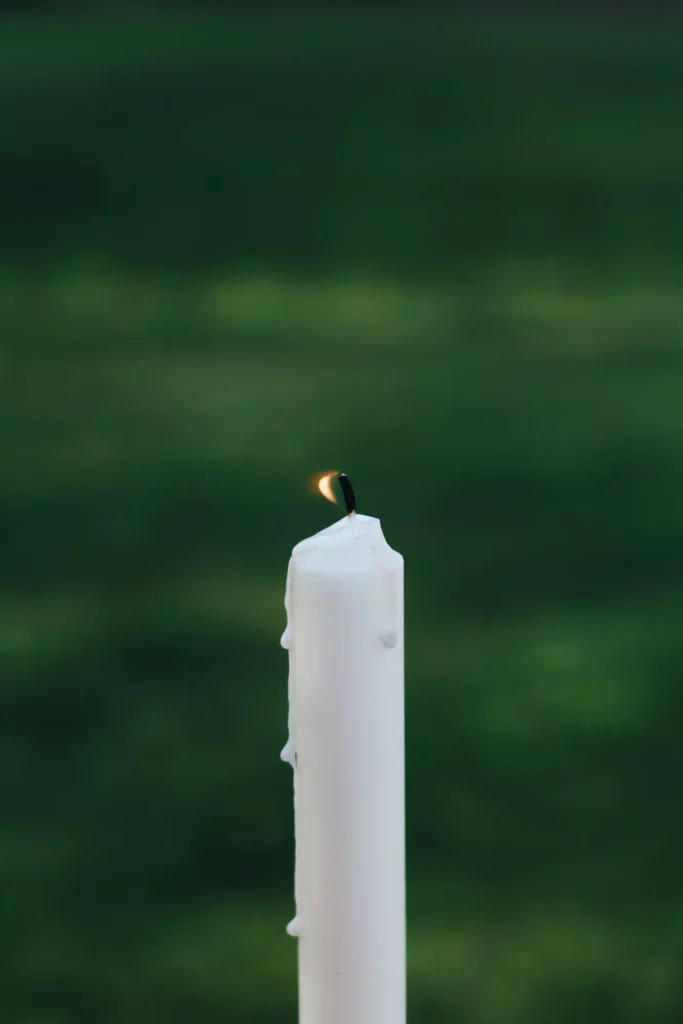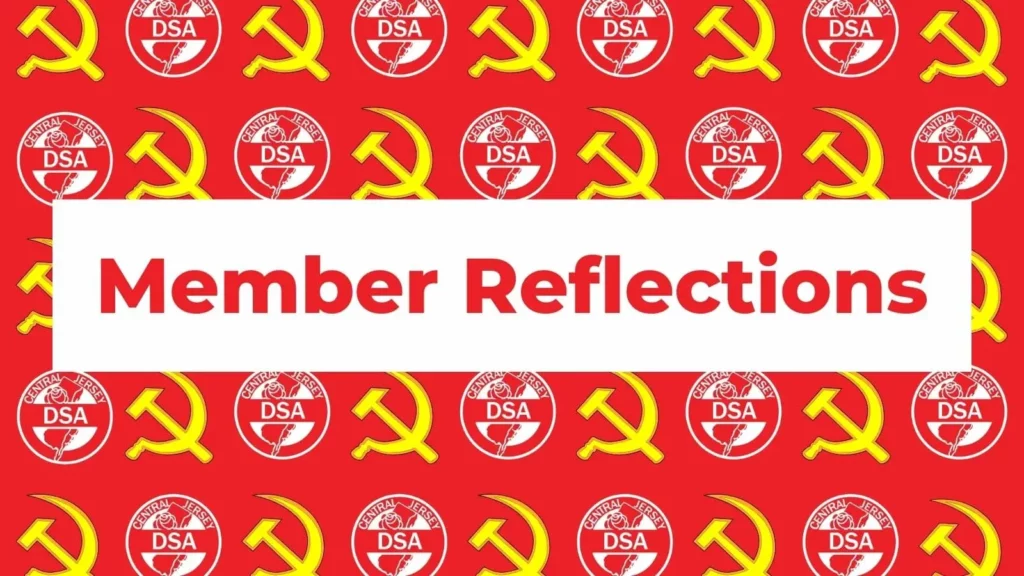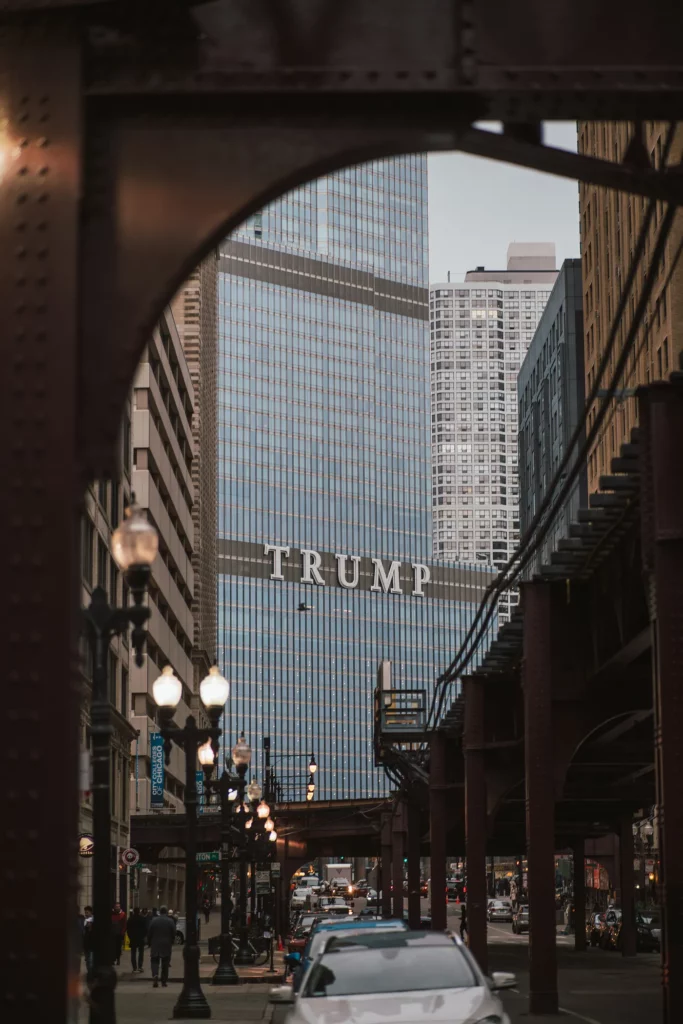by Megan S.
There is a familiar pit that lives within some of us, most of us, and then eventually all of us. The ravages of grief and all its complex flavors dance on our tongues as we weave in and out of life. There is grief of those very much alive, grief of those very much deceased, grief of those somewhere in between and Elsewhere, and grief of ourselves in various contexts. Of pasts we no longer live, and futures we no longer will live. Fractals and incarnations of ourselves we no longer have contact with, dreams of who we thought we’d become. People, places, and things violently taken from us.
Everyone I talk to now, in the wake of the atrocities of the last two years, is experiencing a profound amount of grief. On the left, we talk about grief in concrete terms. Grief because of class struggle, grief because of lack of healthcare, grief because of stagnant wages, grief because of violent oppression of our marginalized brothers and sisters and ourselves. But how often do we connect with the spiritual, transcendental nature of what it means to be in these very struggles of grief? Do we create bonds with others that transcend our physical forms and get at the root of our suffering? Do we connect on a soul-level with the pain of ourselves and our comrades and let each other be seen in a way that Capitalism refuses to? Oppression and struggle affect more than our physical realities; They impact our souls. And our very souls are aching for a salve that exists beyond the zoom meetings, reading groups, and the fleeting adrenaline of the occasional demonstration.
Arguably, there is no text or theory from any of the major pillars of leftist ideology — such as Marx or Lenin — who discuss grief in this phenomenological context. Certainly there is great benefit to talking about grief in a less phenomenological way. It gives people a way to put complex feelings of would-be-rage into a box that can be opened, categorically analyzed, and placed back inside with little intrapsychic disturbance. From this place we can create plans of sustained action and have regularly scheduled, orderly meetings. We can protect against compassion fatigue and live to fight another day. But I would argue that we engage in the analytical aspect of the work a little too much and miss connecting with comrades on a deep spiritual level. The level that makes people feel like they have found refuge from a world who sees them as nothing but a cog in the machine.
We should see people who come to the left as individuals imbued with unique suffering and grief that make up familiar, oppressive, and violent patterns worth fighting against. We should allow for people to come to spaces broken and raw from the world and invite them in to make meaning from their grief. We should foster the idea that we are fighting for an idea of love and compassion so deep and warm, that people start to believe in something larger than themselves. When was the last time you cried with a comrade? When was the last time you hugged a comrade? When was the last time you experienced empathy and pain so deep you swore it was opening up another dimension within you? These are the sorts of transformative experiences that truly sustain a movement and keep people coming back.
Perhaps it is controversial to suggest that there should be room for spiritual and phenomenological experiences in organizing spaces. If that is the case, then you may take what I say with a grain of salt and think no more of what I’ve written here. But if you’re like me, and have experienced grief so profound that you need something more, then please do take this as an invitation to feel deeply. To seek out those of us who are also looking to feel deeply. Seek out those of us looking to transform our grief into an otherworldly conviction that can sustain us through to the revolution, and long after. Stay wild and weird my grief stricken comrades, and remember there is love in the world within the tendrils of despair. I leave you with a quote from my favorite documentary.
“To those dark horses with the spirit to look up and see…a recondite family awaits”
— The Institute (2012)



